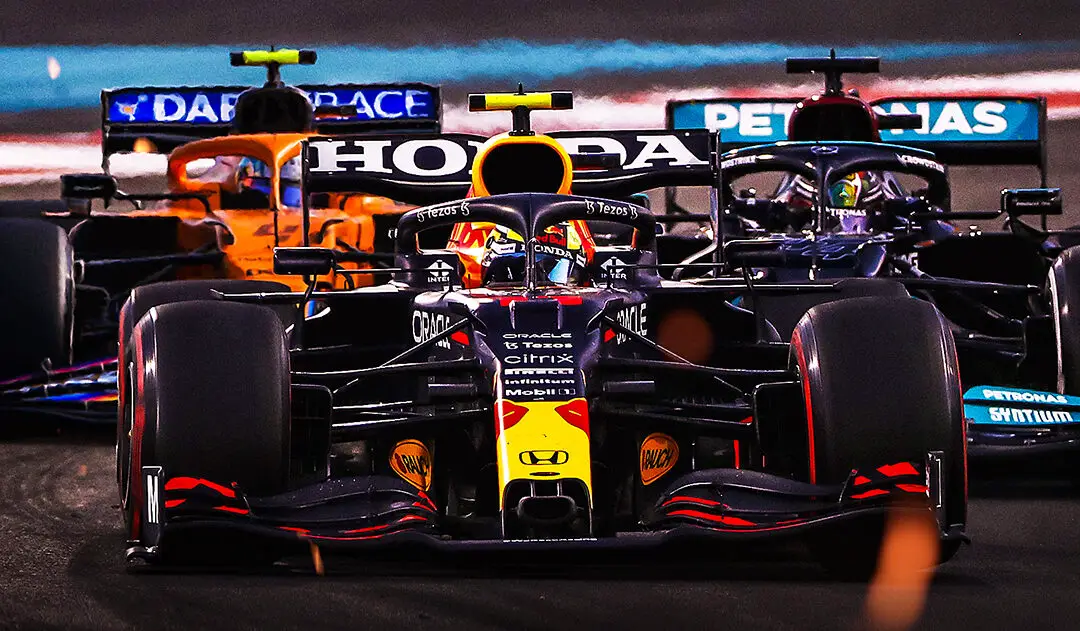FIA Announces Stringent Rule Changes for F1 Appeals in Wake of Haas’ Austin GP Controversy
In a significant move, the FIA has announced plans to revise its appeal procedures, spurred by Haas’ contentious appeal at the Austin Grand Prix. The decision reflects a tightening of rules governing race reviews and a new financial component to the appeal process.
Key Takeaways:
- Stringent Appeal Process: The FIA is set to introduce a more rigorous appeal system in F1, including a fee for appeals and a reduced time frame for filing a review request from 14 days to 4 days, to discourage frivolous appeals.
- Wider Implications: The changes, pending approval, will affect not just Formula 1 but all FIA competitions from 2024. This overhaul follows a year of increased review requests from teams like Ferrari, McLaren, and Aston Martin.
- Financial and Time Constraints: Teams will now have to pay a €6,000 filing fee upfront with their notice of intention to appeal. Additionally, the window for submitting a right of review request will be shortened to 96 hours post-event, with special provisions allowing extension to 120 hours under exceptional circumstances.

The FIA’s decision to revamp its rulebook follows a series of appeals and review requests this season, including a notable incident involving Haas at the Austin GP. Haas’ appeal over alleged track limit violations led to a reconsideration of the entire appeal framework within F1, catalyzing these upcoming changes.
Previously, teams could submit a notice of intention to appeal without a time limit, which allowed them to dispute race outcomes months after the event. This system was later modified to a 14-day period, a window that Haas fully utilized to gather evidence for its appeal. The FIA’s proposed changes will further reduce this period to a mere 96 hours, with a potential extension to 120 hours in special cases.
Moreover, the introduction of a €6,000 appeal filing fee marks a significant shift. This fee, refundable only if the appeal is upheld, aims to deter teams from making baseless appeals. The FIA hopes this financial implication, along with the shortened appeal window, will make teams more judicious in their decision to appeal.
Another critical aspect of the proposed changes concerns the suspension of penalties. Under the current system, teams can submit a notice of intention to appeal and have four days to decide if they want to formalize it. During this period, any penalties can be temporarily suspended. However, the new rules stipulate that even if a team withdraws its notice of appeal, the case will still go to the International Court of Appeal, potentially leading to penalties if the team is found to have benefited from this process.
These changes are a part of the FIA’s broader effort to streamline the sport’s governance and ensure fairness. By making the appeal process more stringent, the FIA aims to preserve the integrity of the sport and maintain a level playing field for all teams. This decision, pending approval at the Annual General Assembly in December, will mark a new chapter in F1’s regulatory framework, impacting all facets of FIA-sanctioned racing competitions.



